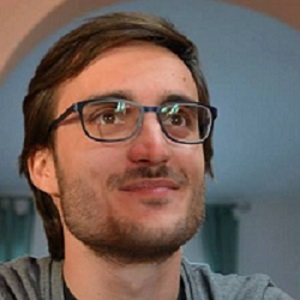Runtime Systems for Fun and Profit
Alessandro Pelligrini
University of Rome Tor Vergata
Alessandro Pellegrini is an Assistant Professor at the University of Rome Tor Vergata in the School of Engineering. He received his PhD in Computer Engineering from Sapienza, University of Rome, in 2014. His research interests are high-performance computing, compilers, operating systems, large-scale simulation, cyber security and distributed and concurrent algorithms. In 2018 he won the HiPEAC Technology Transfer Award, while in 2015 he won the prize for the best PhD thesis of the year from Sapienza, University of Rome. He has worked as a researcher in many national/international research institutes, such as CNIT, ISSNOVA, CINI, CINFAI, IRIANC, and BSC.
Abstract:
Runtime systems are fundamental components of modern applications that provide the necessary support for executing programs and sometimes allow for advanced introspection capabilities. In this talk, I will provide an overview of recent and current research activities on runtime systems carried out by the High Performance and Dependable Computing Systems (HPDCS) research group at the University of Rome Tor Vergata. In the Software Engineering field, we show how a symbolic/concrete runtime environment allows behavioural similarity analysis, enabling effective test program prioritization and reducing the time-to-test. In High-Performance Computing, we show how a simple programming model allows for significant speedup of Discrete-Event Simulation models by relying on asynchronous/non-blocking algorithms. Similarly, we show that it is possible to improve the performance of task-based applications by explicitly addressing the detection of priority inversions of tasks. Concerning Cyber Security, we show how to carry out transparent system-wide detection of side-channel attacks leveraging off-the-shelf hardware components called Performance Monitoring Units. We also show how runtime environments could promote Anti-Tampering frameworks to make general applications harder to reverse engineer.

